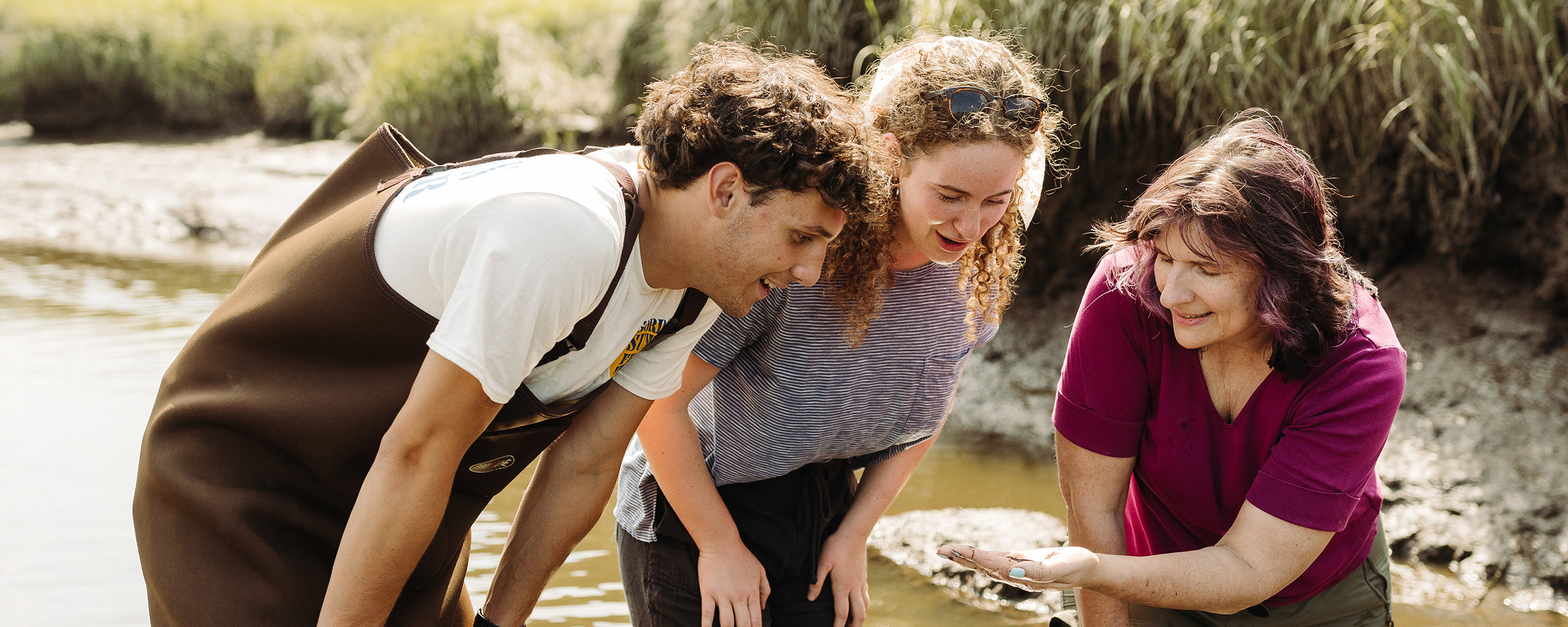Solve problems for the good of God’s creation
Climate change, global poverty, energy production and access: We believe in the power of science to solve the pressing issues of our day, for the good of humanity and the Earth we inhabit. In fact, as a Christian college, we view it as our Christian responsibility to understand and harness real science to alleviate suffering and bring harmony.
That’s why Gordon faculty are active, accomplished scholars and committed Christians who embrace the big conversations and cutting-edge knowledge. And since we're one of only a few colleges in the North Shore, you'll have the opportunity to research and foster hands-on learning throughout Boston’s North Shore and the Biomedical Corridor to build confidence in your natural curiosity, scientific gifting and servant’s heart as you prepare to bring hope and solutions to a suffering world.
HIGHLIGHTS
National Science Foundation grants awarded to faculty
of science courses have lab components
winning
American Chemical Society student chapter
Sciences & Environment Programs at Gordon College
- Biochemistry Major (B.S.)
- Biology Major (B.A./B.S.)
- Biology Minor
- Chemistry Major (B.S)
- Chemistry Minor
- Computer Science Major (B.A./B.S.)
- Computer Science Minor
- Data Science Major (B.A./B.S.)
- Data Science Minor
- Economics Major (B.A.)
- Economics Minor
- Education - Middle and Secondary Education Pathway (Bachelor + M.Ed.)
- Engineering (3-2) Major
- Environmental Science and Sustainability Major (B.A./B.S.)
- Environmental Science and Sustainability Minor
- Environmental Studies Minor
- Health Professions Minor
- Health Science Major (B.S.)
- Human Anatomy Minor
- Kinesiology Major (B.S.)
- Kinesiology Minor
- Mathematics Major (B.S.)
- Mathematics Minor
- Neuroscience Minor
- Physics Major (B.A./B.S.)
- Physics Minor
Sciences and environment grads from Gordon College have worked at:

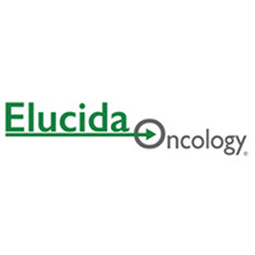
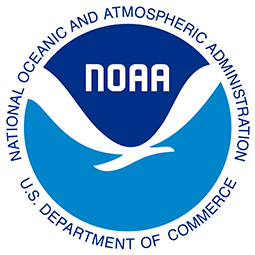


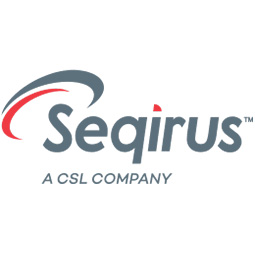
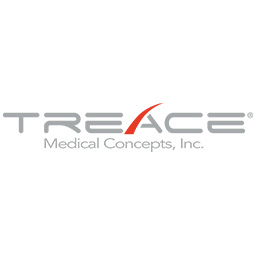
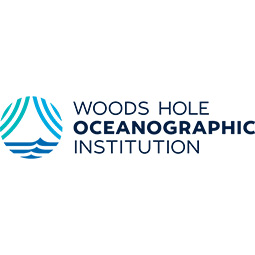
And earned advanced degrees at:



Be known, grown and prepared at Gordon, New England's top Christian college.
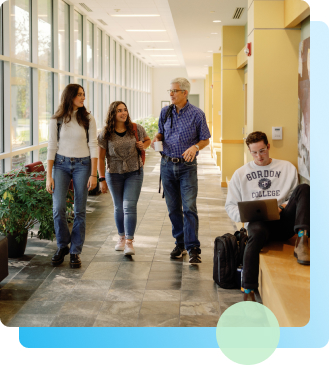
Known
From the very beginning of your Gordon experience, you’ll be known and supported by your personal advisor, professors and peers. Thanks to Gordon’s low student-to-faculty ratio, faculty are accessible and invested—meaning you might be mentored by a leading voice on climate change, a Fulbright Scholar or a National Science Foundation-funded physicist. They will help you shape your journey and experiences to meet your goals.
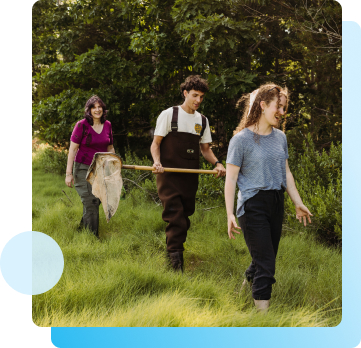
Grown
At Gordon learning happens by doing—in on-campus research labs, around our rich location on the North Shore of Boston and along the nearby Biomedical Corridor. Students have worked alongside faculty in collaborations with the Dana Farber Cancer Institute, Boston University and MIT. They’ve interned at places like NOAA, New England Biolabs, the Massachusetts Audubon Society, Ocean Genome Legacy, Museum of Science and Cell Signaling Technologies. You can also take your studies off campus with opportunities at the Au Sable Institute of Environmental Studies in the Great Lakes or Pacific Rim.
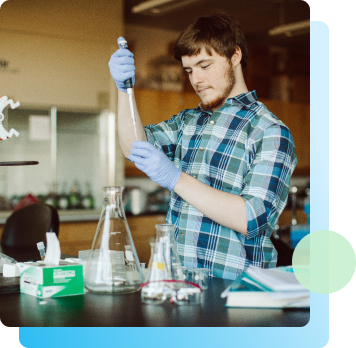
Prepared
Throughout your time at Gordon you’ll interact with the tools and techniques of modern science that will directly launch you into your career. Gordon grads have a track record of success in the sciences, where they are valued for their ability to serve others by solving big problems.
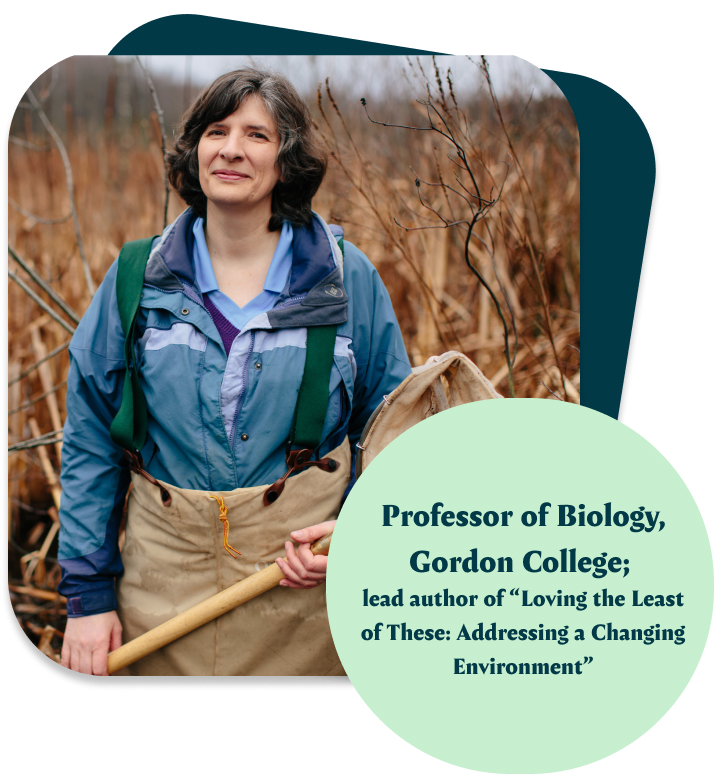
Hear from a Gordon College grad
“My science training at a Christian liberal arts school gave me broad expertise in environmental science, a lifelong passion to relate my science to other fields in order to face interdisciplinary challenges and an integration of my faith into everything I do and learn.”

